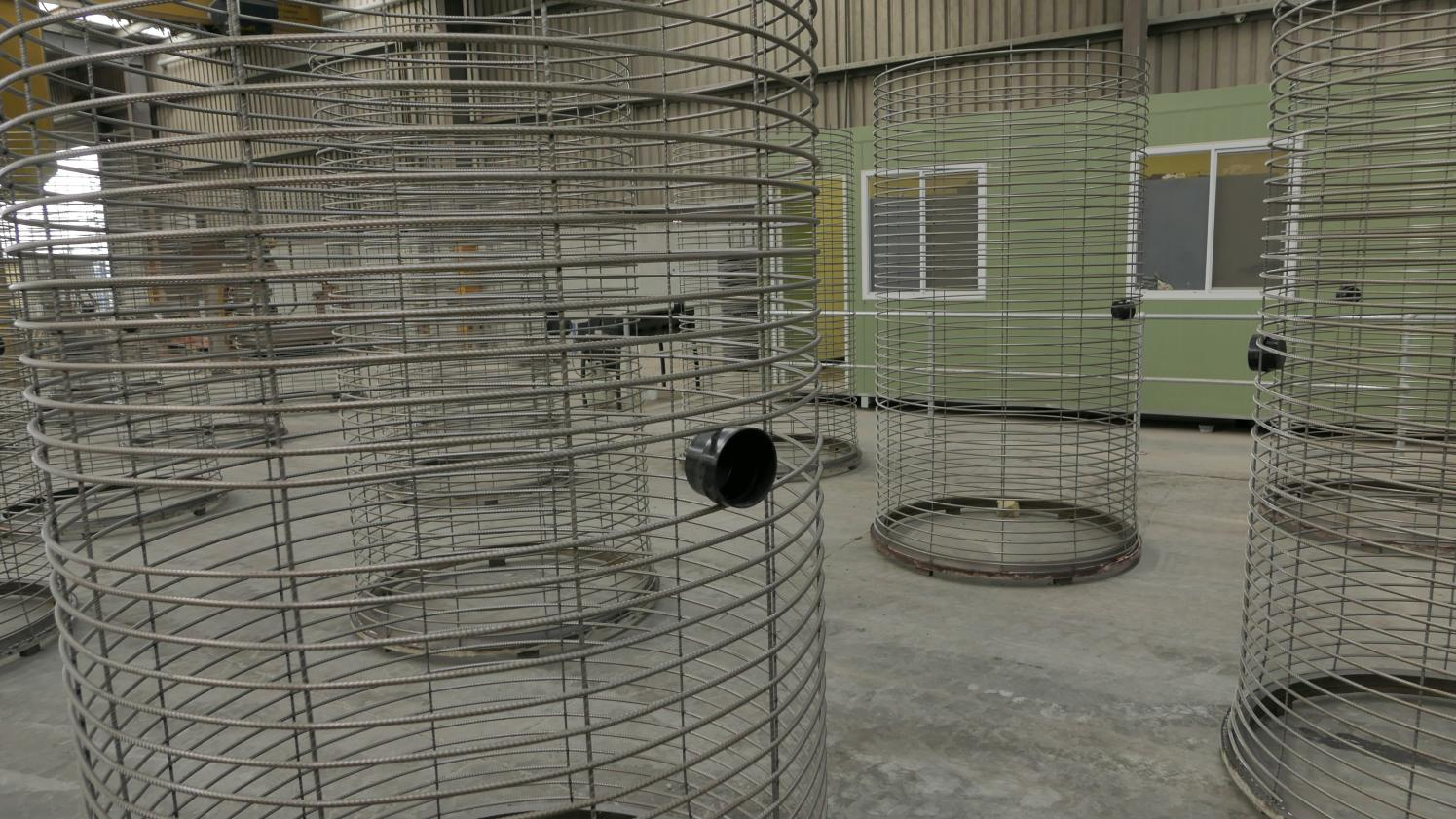loka . 22, 2024 01:09 Back to list
Durable and Precise Machine Base Castings for Superior Industrial Performance
High-Quality Machine Base Casting The Foundation of Precision Engineering
In the world of precision engineering, the importance of high-quality machine base casting cannot be overstated. The machine base serves as the backbone for various industrial machines, providing the necessary support and stability for intricate components. The casting process, involving the creation of metal structures by pouring molten metal into molds, is critical in achieving the durability and strength that contemporary machinery demands.
Understanding Casting Process
The casting process begins with the selection of appropriate materials, typically gray iron, ductile iron, or aluminum alloys. These materials are favored due to their excellent mechanical properties, thermal conductivity, and resistance to wear and deformation. After selecting the material, the next step involves creating a mold that defines the shape of the machine base. Traditional sand casting methods or advanced techniques like investment casting are commonly employed, each offering its advantages in terms of precision and surface finish.
Once the mold is prepared, molten metal is poured in, and the casting is allowed to cool and solidify. The cooling process is critical; it significantly influences the microstructure of the metal, directly impacting the final product's strength and durability. After cooling, the casting is removed from the mold and undergoes various post-processing steps, including cleaning, machining, and surface treatment. These steps ensure that the final product meets stringent tolerances and surface finish requirements.
Key Aspects of High-Quality Machine Base Casting
1. Material Selection The choice of material for machine base casting is paramount. High-quality materials ensure that the base can withstand heavy loads and operate under demanding conditions. For instance, ductile iron, with its exceptional tensile strength and flexibility, is often preferred for high-load applications.
2. Precision in Production The accuracy of the mold design and the casting process is crucial. Any deviation from the intended specifications can lead to misalignment in machinery components, resulting in decreased performance or even catastrophic failures. Hence, manufacturers employ precise CNC machining to ensure that every cast base meets its design specifications.
high quality machine base casting

3. Quality Control Rigorous quality control measures are vital at every stage of the casting process. Implementing non-destructive testing methods, such as ultrasonic testing or radiography, ensures that any internal defects are identified early. Similarly, surface inspections help in detecting anomalies that could compromise the integrity of the machine base.
4. Thermal Treatment Post-casting heat treatment processes like annealing or quenching can further enhance the mechanical properties of the cast base. These processes improve hardness, strength, and the overall durability of the metal, making the final product more resilient against wear and tear.
5. Surface Finishing A high-quality finish not only enhances the aesthetic appeal of the machine base but also plays a significant role in its functionality. Techniques such as shot blasting or polishing reduce surface roughness, minimizing friction between moving parts and extending the lifecycle of the machinery.
Applications and Importance
High-quality machine base castings find applications across a range of industries, including manufacturing, aerospace, automotive, and robotics. They provide crucial support for machine tools, presses, and assembly systems, where precision and stability are essential for operational efficacy.
In aerospace and automotive industries, for example, the reliability of components is non-negotiable. Any failure in the machinery can lead to severe consequences, highlighting the need for precisely manufactured, high-quality machine bases that can withstand dynamic loads and vibrations.
Conclusion
In conclusion, high-quality machine base casting is pivotal in ensuring the reliability and precision of modern engineering applications. By focusing on material selection, precision manufacturing, quality control, heat treatment, and surface finishing, manufacturers can produce machine bases that not only meet but exceed industry standards. As engineering technology continues to evolve, the demand for high-quality castings will remain a cornerstone of mechanical stability and performance, driving innovation and efficiency across various sectors.
-
Durable Centrifugally Cast Iron Water Main Pipe
NewsAug.11,2025
-
Centrifugally Cast Iron Water Main Pipes for Reliability
NewsAug.10,2025
-
High-Quality Centrifugally Cast Iron Water Main Pipes
NewsAug.09,2025
-
Durable Cast Iron Water Main Pipe & Drainage Solutions
NewsAug.08,2025
-
Buy Cast Iron Pipe: Premium Ductile Iron & Drain Solutions
NewsAug.07,2025
-
Durable Cast Iron Water Main Pipe | Buy Ductile Pipe
NewsAug.06,2025


